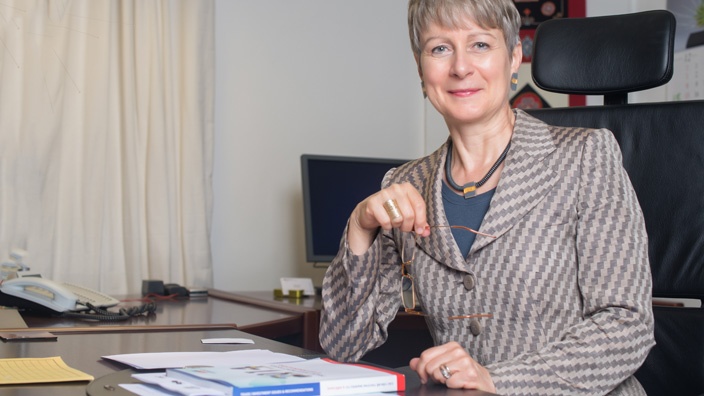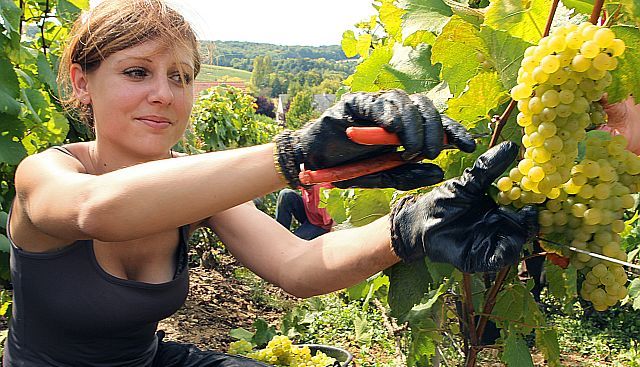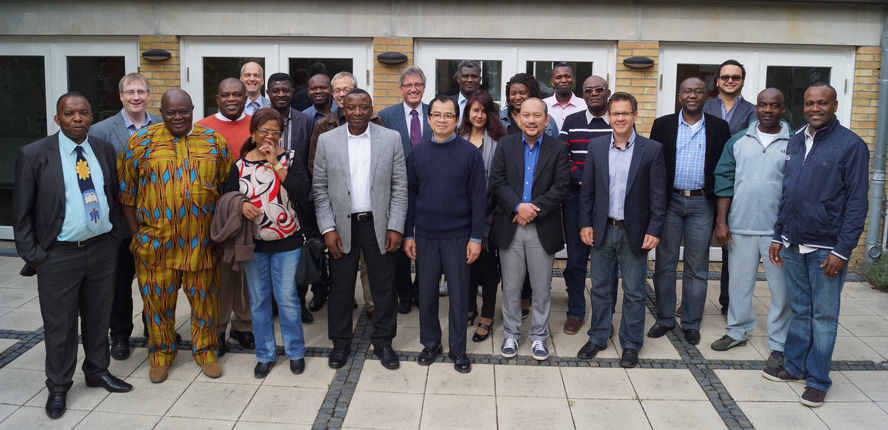
Germany’s Ausbildung system is world renowned for its ability to keep most young people employed and ensuring young people have the relevant skills for the job market. With this background, Germany is looking to export their know-how to other countries.
During Uhuru Kenyatta’s recent trip to Germany, there was an agreement for a cooperation between the two countries, which seems to be coming to life with a 3 billion shilling investment meant for training masons, plumbers and mechanic to ease the growing unemployment by encouraging blue collar jobs and solving the skill shortage in the Kenyan job market.
(READ: Uhuru Kenyatta’s Visit to Germany in Summary)
Kenya has in the recent years snubbed technical training, with the conversion of most polytechnics and mid-tier colleges into universities. This has led to increased number of universities students, degree holders and unemployed graduates but very few well trained technicians. Most of the ongoing construction works in the country have had to import skilled labour, quite a pity in a country with such a high unemployment rate.
The money from the German government will go into equipping training units to offer the craftsmen with modern skills to match the needs of the market.
Germany’s ambassador to Kenya, Jutta Frasch, said upgrade of the vocational units holds the key to tackling joblessness in a country where unemployment stands at above 40 per cent.
“This might be seen as a small (contribution), but we have to start somewhere,” Ms Frasch said, adding that Kenya should entrench vocational training just like Germany, China and Switzerland.
The German dual vocational training system (Ausbildung), students attend classes at a vocational school while simultaneously receiving on-the-job training at a company.
“Kenya has many degree holders, and vocational skills are also needed for transforming the counties,” United Nations Development Programme (UNDP) Resident Representative, Siddharth Chatterjee, said .
The two spoke after the introduction the Youth Sector Working Group (YSWG) which is expected to shepherd initiatives to ease youth unemployment. The YSWG has representatives drawn from the national and county governments, private sector, youth organisations, philanthropic society and development partners like the World Bank and UNDP.
Businessman Chris Kirubi will represent the private sector while Agriculture Cabinet Secretary Willy Bett will co-chair the group together with Ms Frasch.
The number of students enrolled in Kenya’s vocational schools has increased from 13.4% to 55,3% in the four years between 2011 and 2015. While the number of learners in universities has more than doubled over the period from 251,196 to 512,295, reflecting the growing appetite for varsity education that has led to the short supply of technicians.








